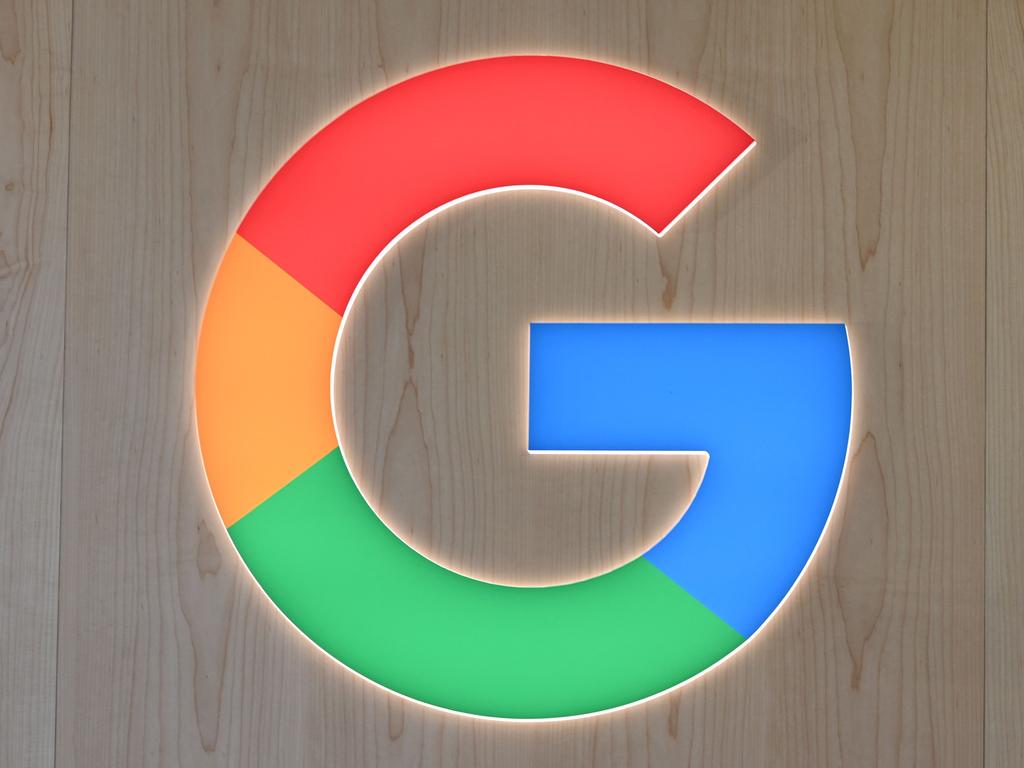
This is the function crucial to Google’s hoovering of data and the reality is you can’t really turn off the function because the tech platform has every angle covered.
The case, launched in October 2019, is a global first for the ACCC and is being followed in other jurisdictions in the US and Europe.
Mr Sims said he was delighted with the outcome. Google could not be contacted to check on any appeal, but on past form this could be expected.
While the world has since largely moved on, with the US now taking legal action to try to force Facebook to divest WhatsApp and Instagram, the ACCC location data case is an important milestone for the regulator.
Federal Court judge Michael Thawley dismissed some of the ACCC’s concerns but agreed with its main argument that Google had misled consumers over its location data devices.
These are used to power its advertising business because if Google knows where you are it can send targeted advertisements to capture your interest.
On other issues like data storage the ACCC didn’t win, and in some areas the judge dismissed concerns, saying people were aware about Google’s devices.
This may be true today, but it’s thanks to the ACCC’s own education programs through cases like this one.
The action against Google was inspired by complaints from Oracle and other companies.
Google controls the Android operating system, used by 45 per cent of mobile phones, and through DoubleClick knows which web pages you are looking at, including the ACCC site.
It also tracks users of its search system to check on consumer tastes and locations.
The ACCC has since helped the government design a media code to force the platforms to pay media for their content.
The government will shortly release its draft report on mobile apps, as the ACCC also works on its final report on digital advertising.
Otherwise, one of the main battlegrounds today is tech acquisitions. Mr Sims has noted the big four platforms including Apple and Amazon have completed 400 acquisitions in the past 10 years, which have remained untouched by regulators.
Then there’s the issue of remedies like forcing interoperability, or giving others access to the platforms.
This is akin to giving consumers the right to keep mobile phone numbers, which were once kept by the phone companies.
If the tech giants can’t control how people use their platforms they will potentially lose market power.






Australian Competition and Consumer Commission CCC chief Rod Sims has won a stunning victory against technology behemoth Google, with the Federal Court’s ruling the company misled consumers on their ability to turn off location data.